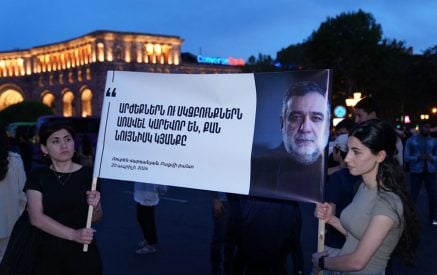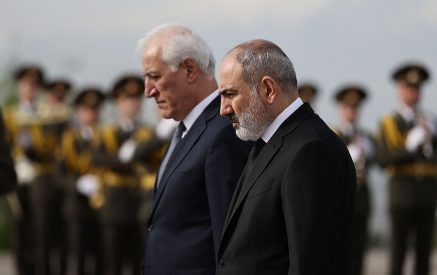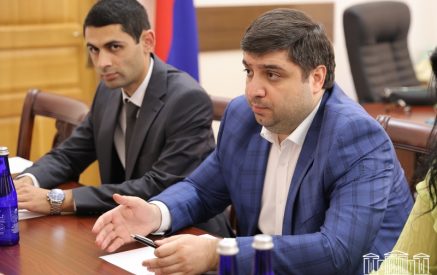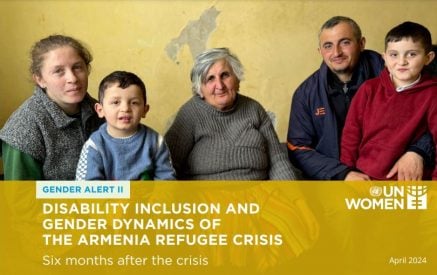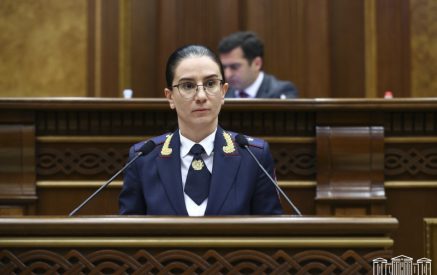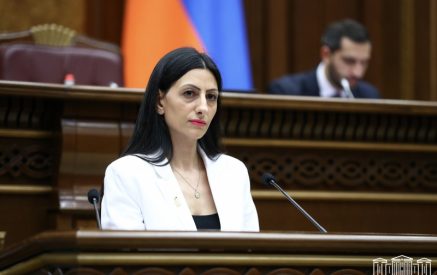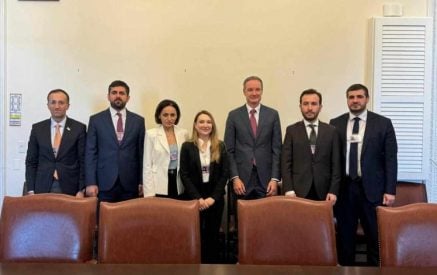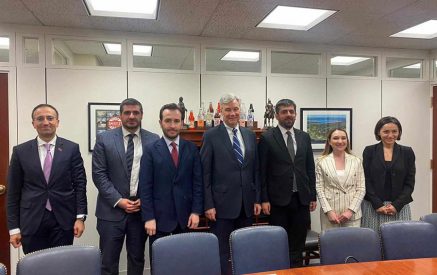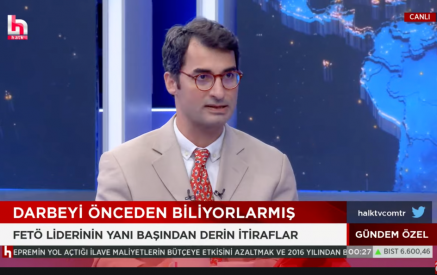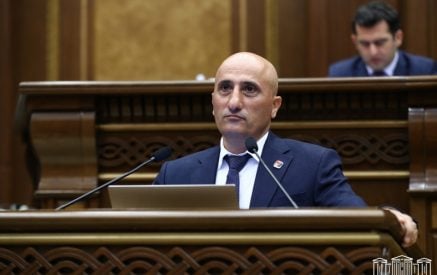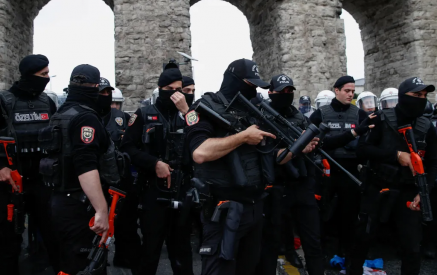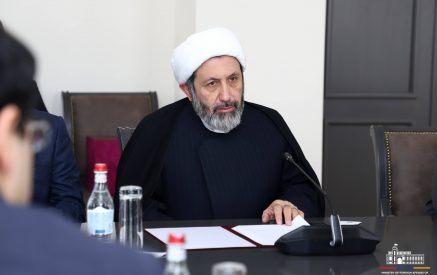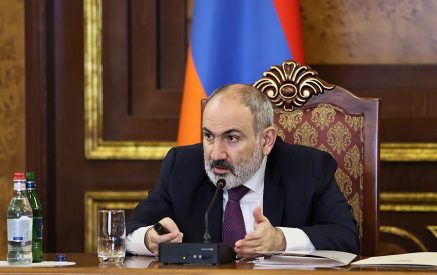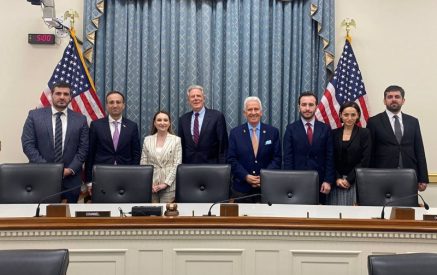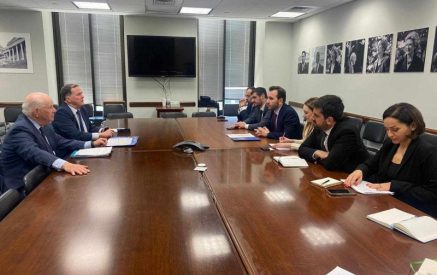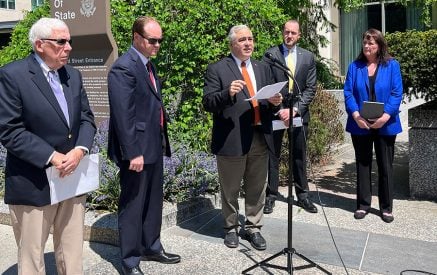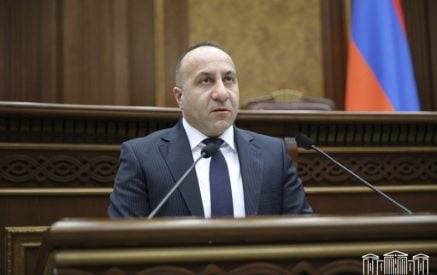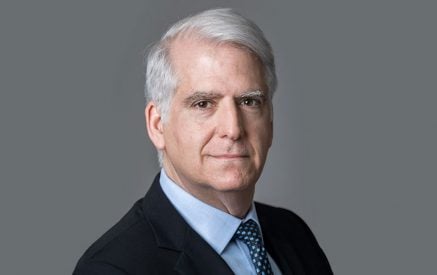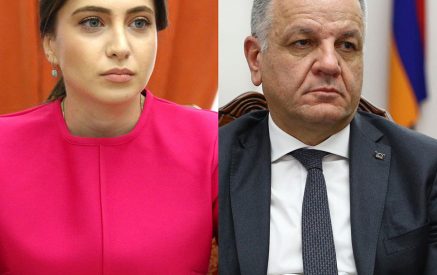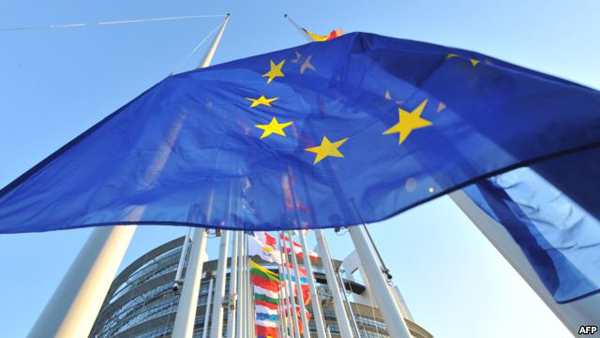We spoke with Graham Butler, Ph.D. fellow, lecturer of EU International Relations Law at the University of Copenhagen and Narine Ghazaryan, Ph.D, Lecturer in Law at Brunel University about the issues of the association and enlargemnet of the European Union, Eurasian union and about the role and perspectives of Armenia in those processes.
Question – Mr. Butler, it is a widespread opinion that the EU Association Agreements open a large prospect of accession to the EU for the signing country. Is this really true? Do those agreements really provide for such a legal possibility of accession to the Union? And if yes, what perspectives do the former Soviet countries have?
Answer – An EU Association Agreement, legally speaking, is simply just that – an association, with potential for future co-operation between the signatories and the Union. However, Association Agreements do not always lead to accession to the EU. The Union has Association Agreements with countries such as Israel, Jordan, Lebanon, Tunisia, and Egypt amongst others, and none of which could be argued to hold aspirations towards eventual EU membership. At the same time, since the fifth enlargement in 2004 when ten new states joined the European Union, all ten had association agreements in place beforehand. The same scenario was true for the 2007 accession of Bulgaria and Romania, followed in 2013 by Croatia.
Former Soviet countries for historic reasons still retain elements of integration with a bloc they were formerly a part of. It is the people of Armenia to decide what the best is for their future, and should not be given an ultimatum for which ‘side’ they should take.
Question – Nonetheless, it seems that the process of the accession to the EU is rather a complicated one. Even the states which have singed them become a member of the Union after a long time. Is the reason for such a situation political or legal?
Answer – For a state to become a member of the European Union is a long drawn-out process, mainly because the Union has particular standards in a whole range of areas that new states must adhere to before their accession is finally agreed. The Union’s own on-going failures over the single currency at present and in the past permitting underequipped states such as Greece into the Union has tightened eligibility criteria, with a willingness for patience in future accessions. There are both political and legal considerations which must be observed during the entire process to cater for a smooth accession to the Union.
Question – The EU Association Agreements are a base for the enlargement of the Union. One may assume that, nevertheless, there may be some limitations. What kind of legal limitations are there in the process of the EU enlargement?
Answer – The main political obstruction for a state wanting to accede to the European Union, but cannot, would be that either one or a number of existing EU Member States would be adamantly opposed to that state joining. For a new state to join the Union, absolute unanimity from the existing twenty eight Member States would be required, with every existing state holding a veto.
From a legal perspective, a state could not go from simply ratifying an association agreement to a Member States within a few years – it would first have to become an official ‘candidate country’, which in turn would lead to the opening of areas of negotiation that would need to meet EU standards, ranging in areas from freedom of movements of persons, goods and capital, to consumer protection, energy policy, and environmental standards.
The incoming President of the European Commission who is set to take office later this year has indicated already that during the next five years, the Union could very well see no new Member States joining. Even if Armenia were to take only baby-steps on having closer ties with the European Union, it would be a long period of time before candidate status or even accession would be a serious topic of discussion.
N. Ghazaryan: “In case of Armenia the Eurasian economic integration was intensified to counterbalance or even prevent the European initiatives”
Question – Armenia is going to sign the agreement of accession to the Eurasian Customs Union on October 10. Recently rather often an opinion was being circulated that in case of signing the Association Agreement it would not be possible to become a member of the Eurasian Customs Union. What is your opinion regarding this process? Do you think that there is really such a contradiction between the provisions of the legal acts of two unions? And if yes, what contradiction?
Answer –As such it is not a matter of contradiction between the provisions of the Association agreement and any other document that would be signed for Eurasian integration. But rather it is a question of whether trade cooperation on par with the DCFTA that was promised to Armenia would have been possible between the EU and the Eurasian Customs Union. Up to today the EU prefers to deal with countries on a bilateral basis so far as trade deals are concerned. Besides, even if the EU decides to deal with the Eurasian Customs Union or the Economic Union as a trading block, the latter will have to become a functioning legal organisation, which does not seem to be the case in many respects. It could be argued that if the Customs Union is based on the WTO rules (Kazakhstan and Belarus had to accept Russia’s WTO tariff obligations), then in terms of regulatory framework this should be beneficial for any future common cooperation. However, it is not clear how the Customs Union will deal with Armenia and Kyrgyzstan, already members of WTO: what will be their level of commitment? In any case, the real issue was no so much about competing or incompatible economic frameworks of cooperation, but rather one of a choice between political projects. The Eurasian economic integration was intensified to counterbalance or even prevent (as it proves to be the case with Armenia) the European initiatives.
Question – Will there be any legal possibility after October 10 for Armenia to sign the EU Association Agreement or not?
Answer –Signing an Association Agreement with the EU would have signified close and privileged links, perhaps even with a possibility of accession. Although the latter wouldn’t have been acknowledged in the agreement itself, by qualifying the country as ‘European’ similar to the Georgian Association Agreement (qualified as Eastern European), at least theoretically the accession would be possible based on the language of Article 49 TEU. However, belonging to Eurasian Economic Union makes any such possibilities redundant, as it implies complying with a whole set of new rules as far as trade cooperation is concerned. Most importantly however it implies belonging to a different political club. Preventing the signature of the AA with Armenia by Russia was exactly for the purpose of excluding such possibility in the future (i.e. the possibility of offering Armenia a special relationship with the EU). Legally speaking the type of AA that was on offer would make no sense from the EU perspective: why offer close and privileged links, when the country in question not only cannot make independent choices, but already embarks on journey of establishing another privileged relationship.
The interviews were conducted by Sose Mayilyan
Student at the Master’s programme of the
Faculty of Law of University of Copenhagen



